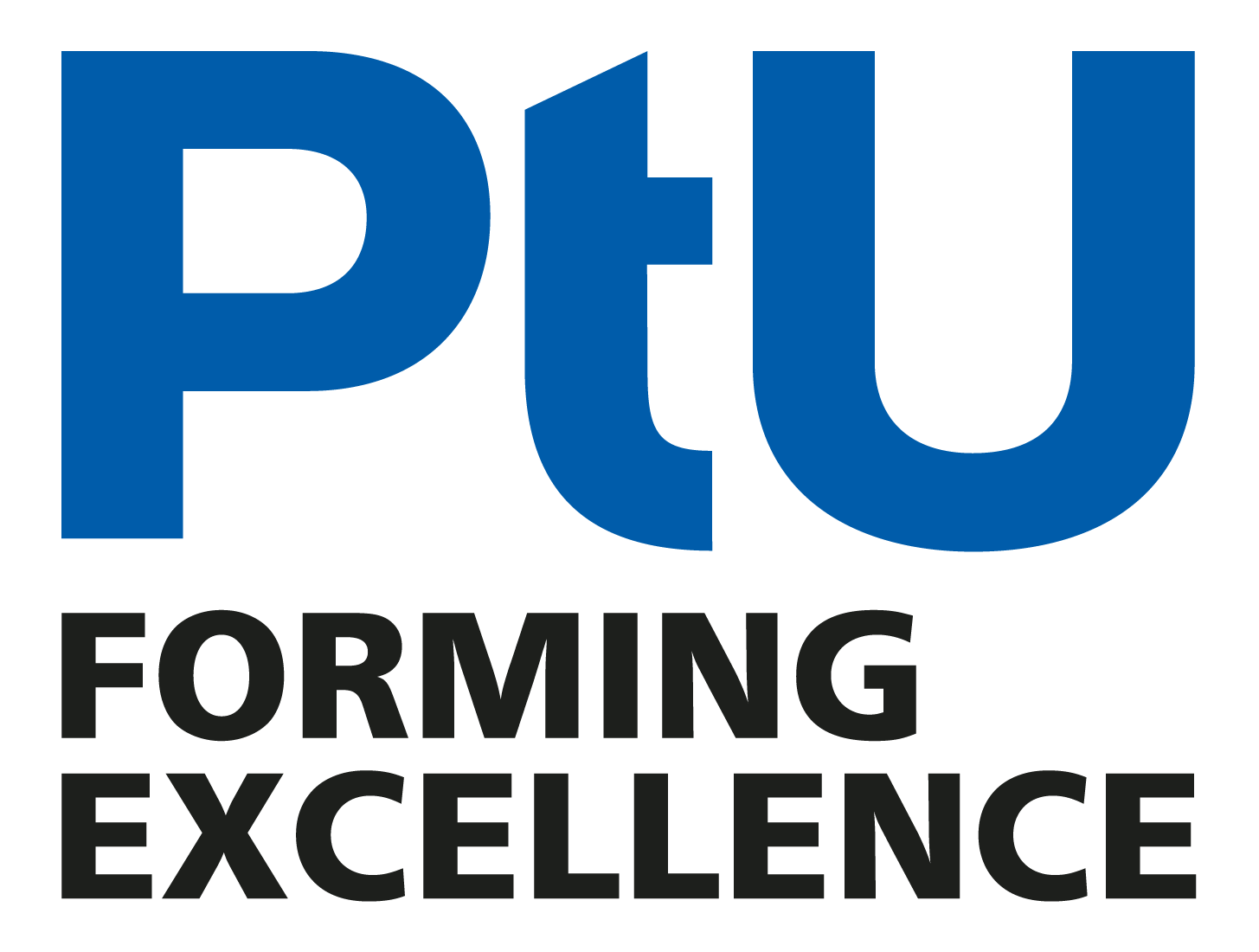Tribo-AL-Hot – Investigation of friction and wear in temperature-supported aluminium sheet metal forming
Aluminium has been making important contributions to resource-efficient lightweight construction for decades. Ultra-high-strength aluminium sheets can only be formed with temperature-supported forming processes. In these processes, the increased temperatures push conventional lubrication systems to their limits. In a series of LOEWE 3 research projects, tribological systems for warm and hot forming are being investigated. The focus here is on the development and validation of a temperature-controlled strip drawing test, both for friction and wear investigations. The research topic is being worked on as a dual doctoral position with the company Filzek TRIBOtech.
Coordinator: Lukas Schell M. Sc.
Duration: January 2018 – June 2023
Funded by: LOEWE-Förderlinie 3
Motivation
Fast-growing sectors such as the e-bike and automation industries, as well as the automotive industry, continue to place high demands on lightweight construction. In addition to increased efficiency in operation, the focus is on the utility benefit: this results from higher achievable dynamics (e.g. in automation), handling advantages (e.g. e-bike) and payload as well as lateral dynamics (automotive). The challenges of lightweight material construction cannot be satisfactorily solved with current alloy and production concepts.
Temperature-supported aluminium sheet forming promises increased formability and thus the possibility of producing highly complex sheet metal components. The core of the present project is to further develop the limited know-how for temperature-supported forming of high-strength aluminium and to increase both, the process robustness and productivity.
Tribology is a central research topic in the further development of temperature-supported sheet metal forming processes. Research into friction and tool wear under various tribological conditions is essential for the successful industrial implementation and increased robustness of these processes. The test methods used so far neither allow a satisfactory and process-related tribological investigation nor an efficient development of lubricants and tool surfaces.
Approach
The aim of the project is the holistic tribological analysis of temperature-supported aluminium sheet metal forming processes. At PtU, a strip drawing test machine is already in use for process-related friction measurement. In the present project, this system is being further developed and converted for temperature-controlled friction and wear tests. Central test stand components and unique selling points are a high-performance plate heating system and an automated die lubrication system, both of which are designed for single-strip as well as continuous operation. Basically, different lubricants and tool surfaces are investigated at different process conditions (temperature, contact normal stress, drawing stroke, etc.). The test results obtained are used for further tribological development in cooperation with several lubricant and coating manufacturers.
The research results show particularly promising results in the use of lubricant mixtures (cf. figure). In addition to characteristic properties of lubricant classes, a positive influence of bonding agents between the lubricant and the tool surface has been demonstrated in particular.
In addition to friction and wear investigations, new possibilities for chemical-mechanical tool maintenance are being developed. Furthermore, robust process design is targeted by determining lubricant-dependent heat transfer coefficients.
Acknowledgement
This project (combination of HA project no. 548/17-30 & 822/19-142 & 1269/21-170) is financed with funds of LOEWE – Landes-Offensive zur Entwicklung Wissenschaftlich-ökonomischer Exzellenz, Förderlinie 3: KMU-Verbundvorhaben (State Offensive for the Development of Scientific and Economic Excellence). We would also like to thank the companies involved in the project, in particular Filzek TRIBOtech.
Funded by
Project Partners




